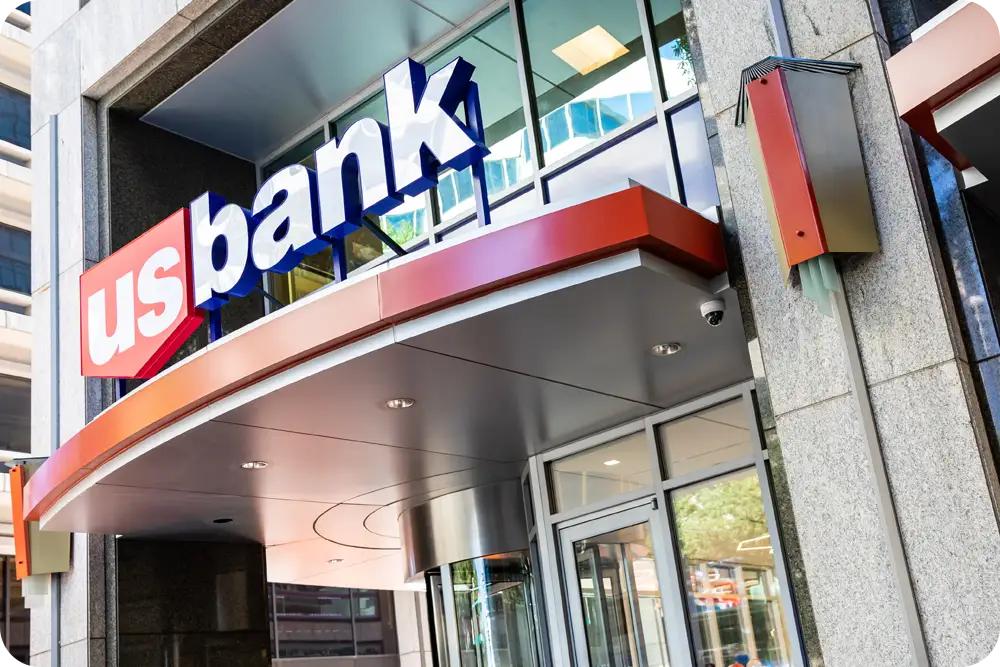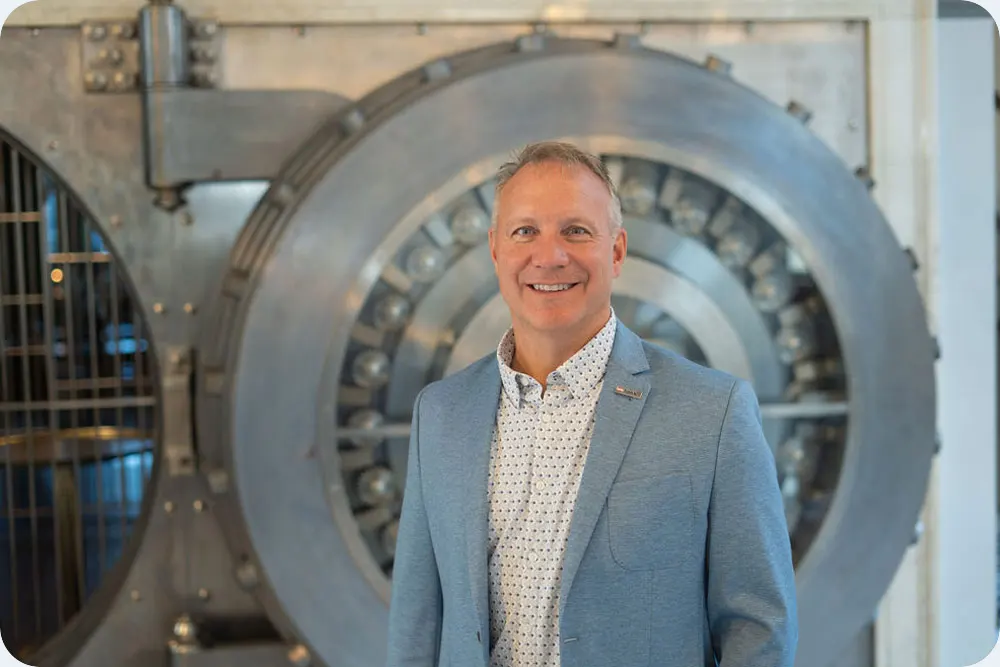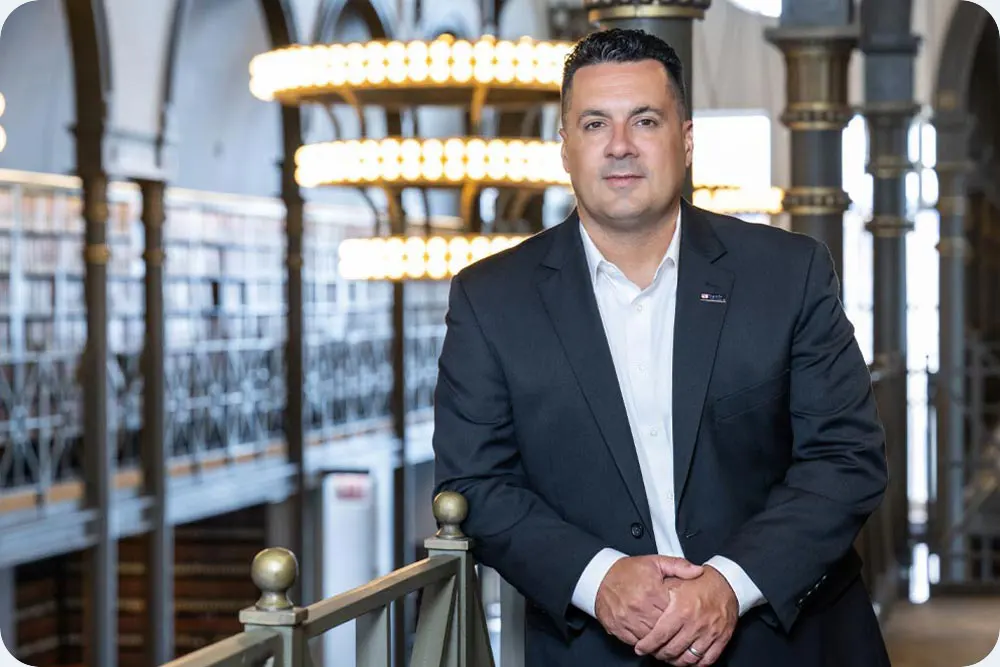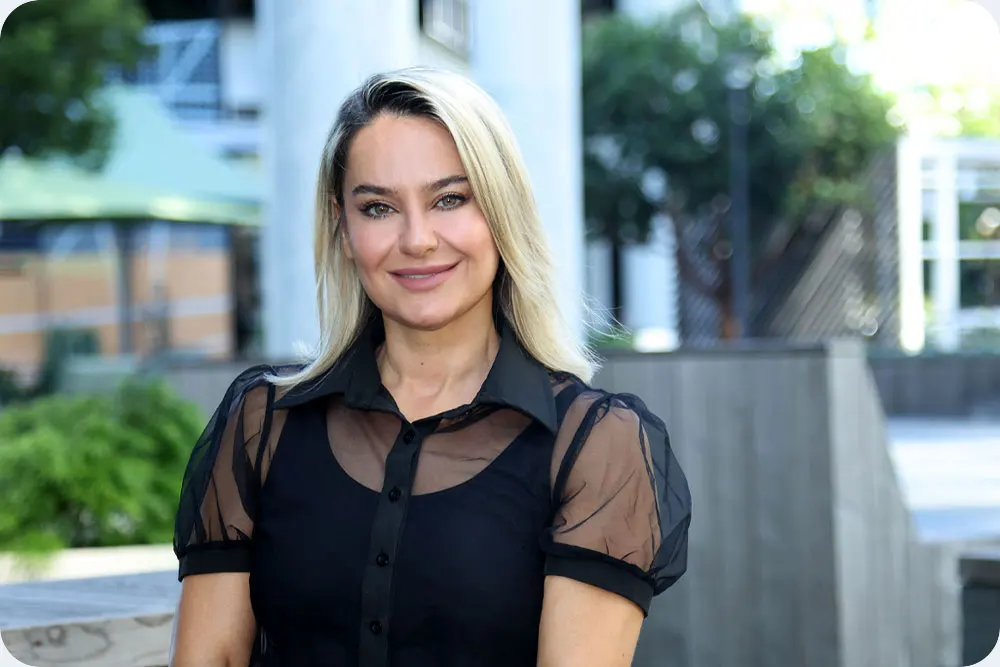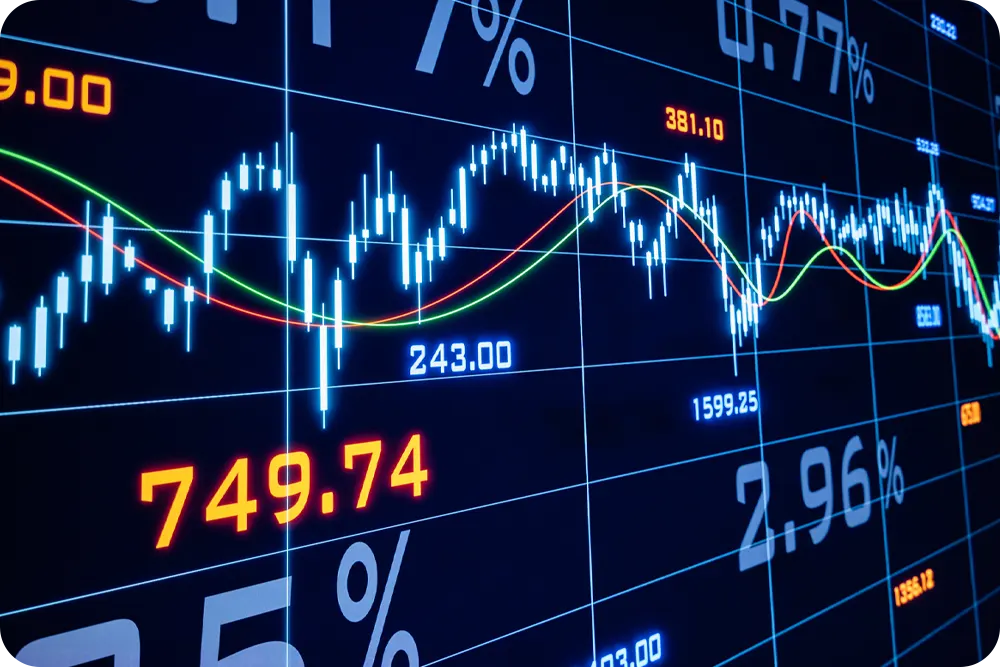News & Stories
Stories
U.S. Bancorp appoints Gunjan Kedia chairman of the Board of Directors
Andy Cecere, current executive chairman, to retire from the board at the Annual Meeting of Shareholders.
Stories
Tax season tips: Turning your refund into financial progress
A banking leader offers advice on how to make the most of what could be an unusually large refund.
news
U.S. Bancorp reports fourth quarter 2025 results
Results include net income of $2,045 million and diluted earnings per common share of $1.26.
News
Payments made convenient with Elavon Live Payments and Microsoft 365
Professional service providers can more easily manage and collect various payments online.
News
Access Capital grants helping support emerging real estate developers
U.S. Bancorp Impact Finance is directing $400,000 in grants to help emerging real estate developers this year.
News
GenAI assistant helps companies embed U.S. Bank solutions
The new chat function offers advanced recommendations, guidance on services and suggested APIs to integrate faster.
South Dakota banker has prescription for practice success
Jeramie Eimers helps doctors, dentists and veterinarians secure financing and build thriving practices.
Collateralized Loan Obligation trustee helps clients focus on growth
Chicago-based Tony Fajardo helps ensure that investors get the information – and cash – that they’re supposed to.
Banker helps businesses manage cash and check deposits more efficiently
Treasury management and payments consultant Maryam Ebadi works with businesses to understand their needs.
Video spotlight
Insights from CES 2026 to guide future client and team member experiences
AI everywhere, wellness tech advancements and robots galore shaped this year’s consumer electronics show.
Bay Area bridal shop expands to larger location with help of U.S. Bank
The family-run boutique wanted to expand its selection of bridal and special occasion gowns with new store.
Colorado bankers creating a sweet recipe for chocolatier client success
Stargazer owner credits banking relationships forged 50 years ago for helping his business thrive.
Bank helps Success Fitness chain bulk up its gym business
U.S. bank funded a renovation and equipment purchase for the small, boutique gym in Minnesota.
From teen banking customer to bank branch mural creator
The Green Star Movement founder helped create a mosaic mural for the Lincoln Avenue branch in Chicago.
Renovating and innovating with Omaha Auto Wraps and U.S. Bank
Edy Francisco expanded from car detailing to auto wrapping and more to grow his business.
Insights
Private equity outlook for 2026: Pent-up demand continues
Kaush Amin, head of private market investing for U.S. Bank Wealth Management, discusses the year ahead.
U.S. Bank survey finds crisis of confidence reshaping the American Dream
Despite doing all the right things, many say economic environment makes goals difficult to achieve.
U.S. Bank survey looks at small business stressors, AI and succession plans
The Small Business Perspective survey reveals how owners are responding to an environment defined by rapid change.




